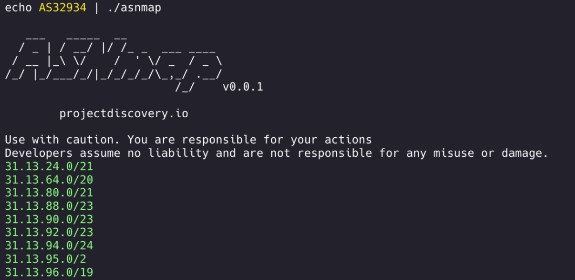
It is still useable for apps not being distributed on Google Play Store though. You can now safely read the results, in this case theĬase :Ĭase :Ĭase :Ĭase : As of August 2019, this library is not compliant with Google Play store's latest requirements which require native 64bits libs. Any threads that have been added but not yet started, start nowĬase : is readable and of the right sort, before you read it.Ĭase :Ĭase :Ĭase :Ĭase : here more than anywhere else in your code, make sure the data but remember that you must use your safety checks

Note that you can still view data progress here, Now Pole'ing our threads becomes a simple task, private void timerThreads_Tick(object sender, EventArgs e)Ĭase : Now we have our pieces we can add to our threads list, so in our controller we do something like, AddThread()įoreach(FileToProcess ff in `dbhelper.GetFileNames(txtCategory.Text))`
#Tubemate ffmpeg library code#
I do not want to get bogged down in my code when the purpose of this is to encourage the use of ffmpeg in easily controlled threads. ImgFiles is used to return any thumbnails that were created. VideoID (I use a database) tells the threaded process which video to use taken from the database.įname is used in other parts of my functions that use FilesToProcess, but not used here.ĭurationSeconds - is filled in by the threads that just collect video duration. In this case thw class Thrdffmpeg contains, public class ThrdFfmpegįFmpegStuff contains the various ffmpeg functionality, thrd is obviously the thread.Ī property in FfmpegStuff is the class FilesToProcess, which is used to pass information to the called process, and receive information once the thread has stopped. Which is the list of threads that you are running, I make use of a timer to Pole these threads, you can also set up an event if Pole'ing is not suitable for your application. In the thread controller you have something like List threads = new List() I stack up threads, write a simple thread controller class, then you can easily make use of what ever functionality of ffmpeg you want to use.Īs an example, this contains sections use ffmpeg to create a thumbnail from a time that I specify.
#Tubemate ffmpeg library windows#
The reason I'm thinking #1 might be the better option is that most FFmpeg tutorials are in C++ and I'd also have more control over memory management than if I was to do it in c#.Īlso would you happen to have any useful links (perhaps a tutorial) for using FFmpeg?Ī solution that is viable for both Linux and Windows is to just get used to using console ffmpeg in your code.

However, the first obstacle I need to overcome is wrapping the FFmpeg library in c#.
#Tubemate ffmpeg library movie#
So I know its a fairly big challenge but I want to write a basic movie player/converter in c# using the FFmpeg library.


 0 kommentar(er)
0 kommentar(er)
